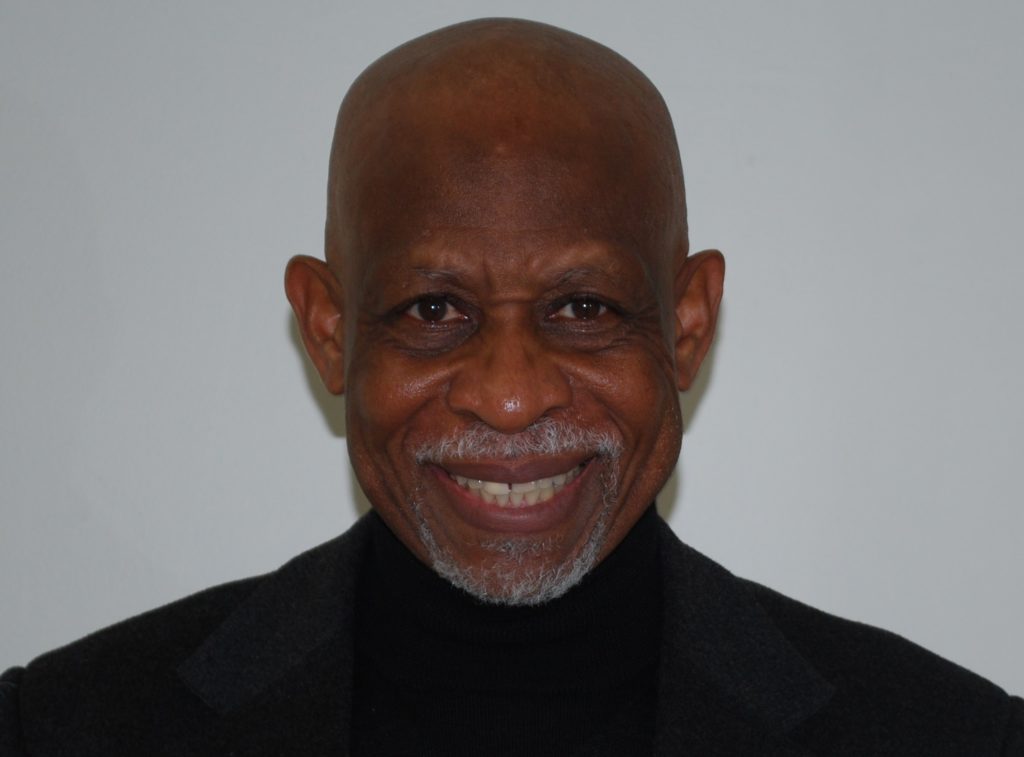FROM THE PASTOR’S HEART

OP / ED BY DR. ROBERT KENNEDY
The Coronavirus pandemic and climate change have taught us many lessons, including the fact that there seems to be a significant proliferation of false prophets in the land. Some people are calling them conspiracy theorists, and others are calling them “deceitful forecasters.” Some operate under the veil of religion, while others are political extremists.
The reality is that they are conjuring up all kinds of unfounded proclamations and predictions that are profoundly confusing to the masses. And through the internet, it is easier to ply their trade and capture many minds.
I have called them the “cursed” prophets, a concept I took from the prophet Jeremiah, who constantly reminded the people of Israel that those who trust in them are accursed (cf. Jeremiah 17). Throughout the Bible, there is a constant warning that the people of God are to be careful of them. For example, the prophet Ezekiel states they “prophesy out of their own heart.” They say, “Peace!’ when there is no peace.” They “envision futility.” They also “divine lies.” (cf. Ezekiel 13). Jesus also warned against them.
I quote from his Sermon on the Mount: Beware of false prophets, who come to you in sheep’s clothing, but inwardly they are ravenous wolves. 16 You will know them by their fruits. Do men gather grapes from thornbushes or figs from thistles?17 Even so, every good tree bears good fruit, but a bad tree bears bad fruit. 18 A good tree cannot bear bad fruit, nor can a bad tree bear good fruit. 19 Every tree that does not bear good fruit is cut down and thrown into the fire. 20 Therefore, by their fruits, you will know them. (Matthew 7:15-20).
If you read through the rest of the Bible, you will notice that false prophets have been a bother in the times of both Testaments. One of their classic confrontations came during the time of prophet Elijah with king Ahab and queen Jezebel on Mount Carmel. Elijah mocked and exposed their counterfeit worship and commanded that they be killed to rid the land of them. Jezebel became so enraged that she threatened the life of Elijah that he ran away and hid in a cave. (1 Kings 19)
The reason for noting this story is that the apostle John gives special attention to it when he writes to his church in the book of Revelation, where he warns concerning “the woman Jezebel who “calls herself a prophetess.” (Revelation 2:20)
John also references the Jezebel prophetess that in connection with “the beast” that looks like a lamb, but speaks like a dragon (Revelation 13). She is also referenced in connection with the prostituting woman of Revelation 17.
I cannot do “the deep dive” I’d like today in this brief reflection, but it is of interest to me that for all the warnings from Scripture, how much the world is listening to these cursed (false) prophets.
I have read an informative article that shows how the false prophets are not only gaining currency in America and the West but are growing fastest on the African continent. The article gives three reasons for their growth in Africa.
- The church is growing exponentially faster than in any other period of history. The biblical paradox of both wheat and weeds growing together is real.
- Many prophets are taking advantage of the numerous challenges faced by a continent undergoing rapid social transformation.
- Because people on the continent are naturally religious people, and people do not usually separate the secular from the religious sphere; therefore, social, economic, medical, and cultural spheres are open to multiple interpretations.
While what is said of Africa is on topic, I opine that the pandemic and climate change have leveled the field so that the false prophets can ply their trade in the secular market. People face pain and are willing to trust anything and anyone giving them “hope.” They do not care about whether it is a false hope; they care that they might feel contented.
But let me warn like Jesus and the prophets and apostles, “Watch out for these false prophets.” As I have read of them in the Bible, there is a harsh judgment against them. Here are seven points that I have noted:
- They are not from God.
- They are self-aggrandizers; they are more interested in fame than justice and love.
- They do not obey God – They do not follow all of the commandments of God. Instead, they pick and choose what they want to follow.
- They feed on God’s sheep – the vulnerable church folks, the poor, the fatherless and widows, and anyone they can find to destroy for their economic gain.
- They speak lies – they have no interest in truth.
- They bring in what the Bible calls “heretical doctrines,” unbiblical teachings.
- They are the agents of Satan.
Enough has been said to encourage us to take time for a more careful analysis of the prophetic voices to which many of us are listening. Let us ensure we take a moment to identify what is true from what is false.

